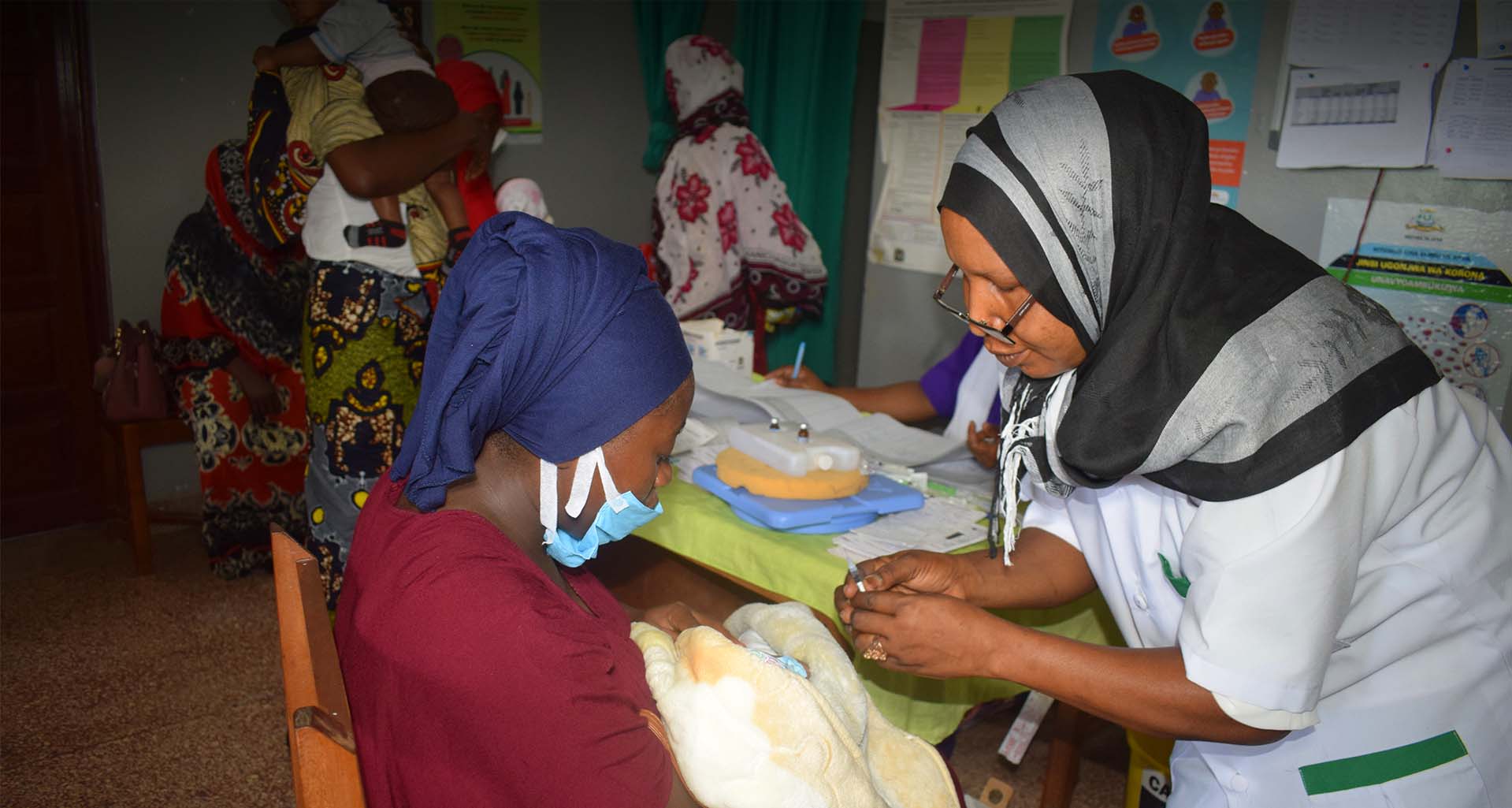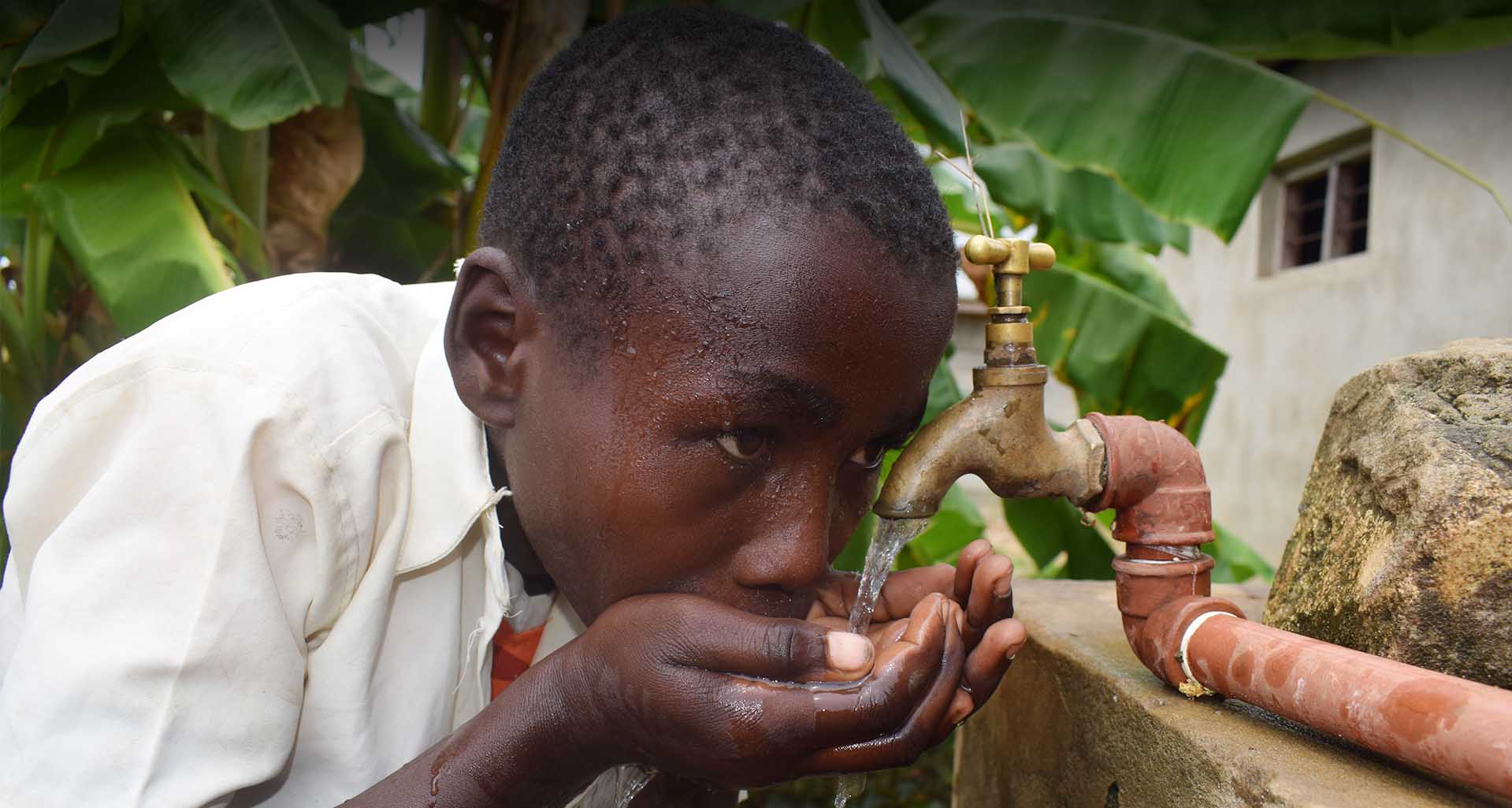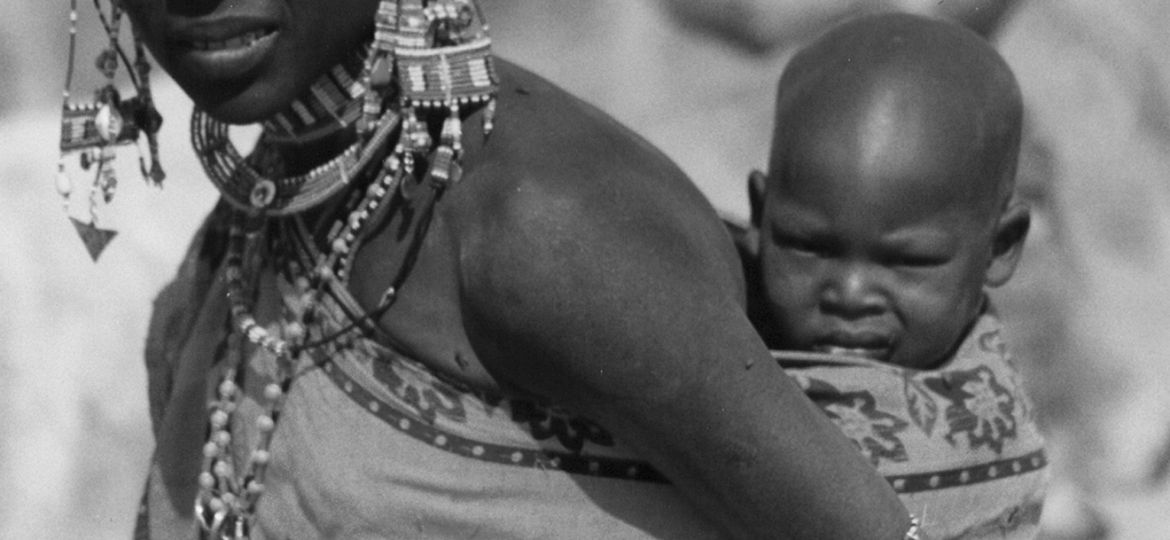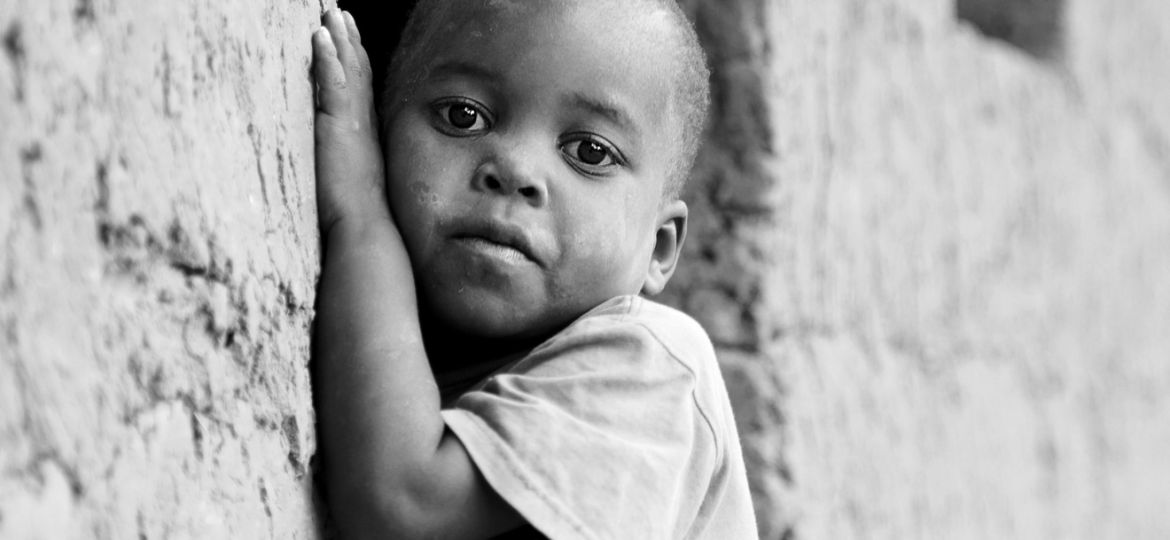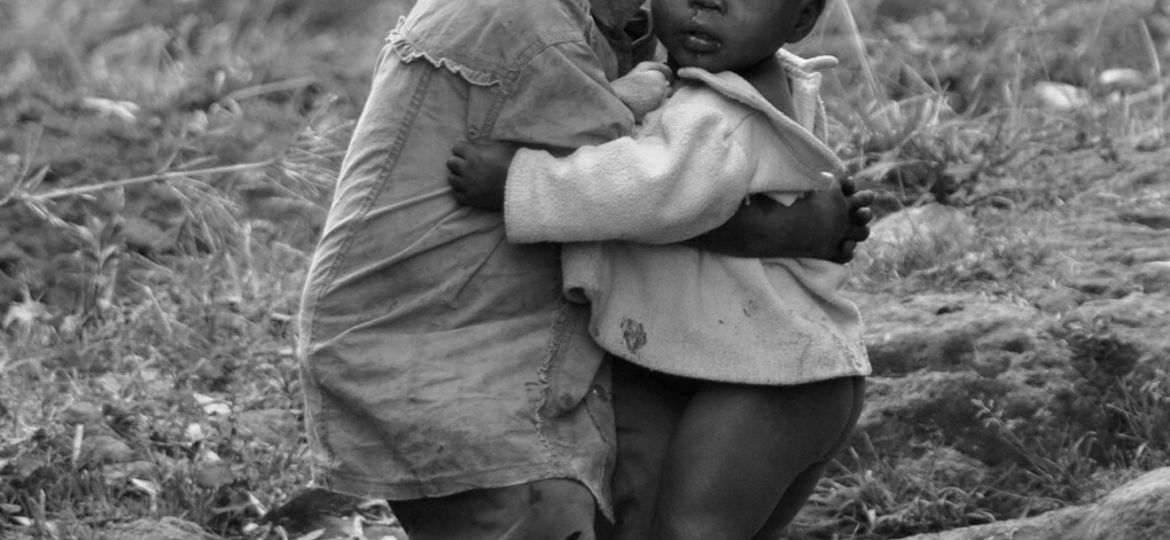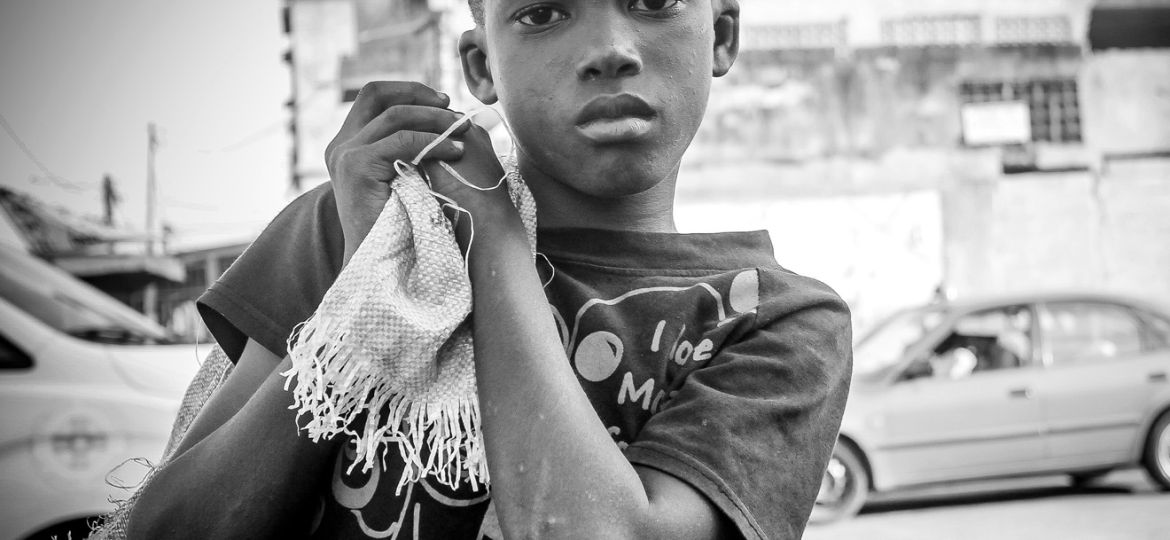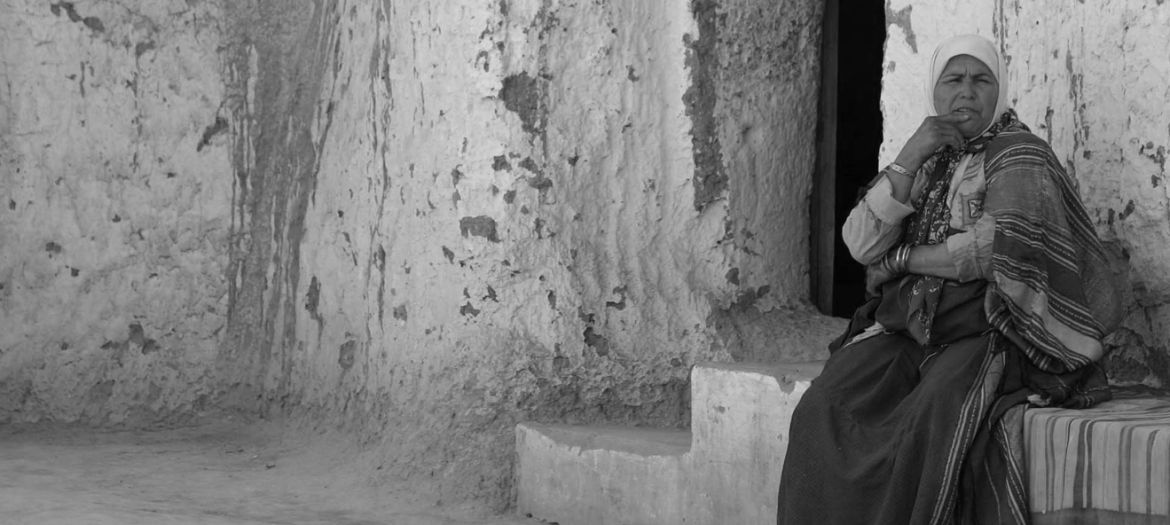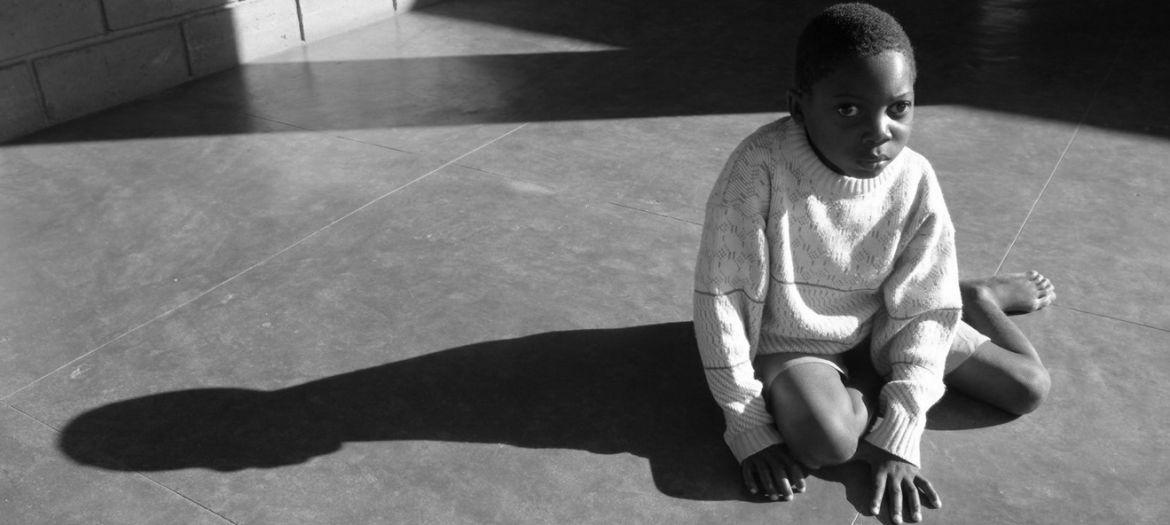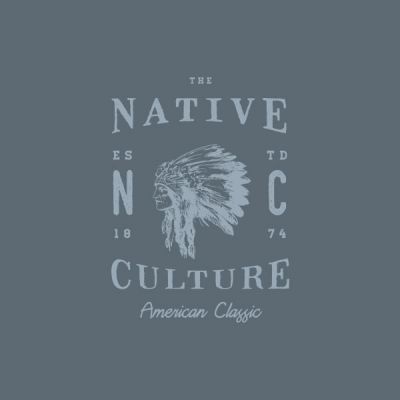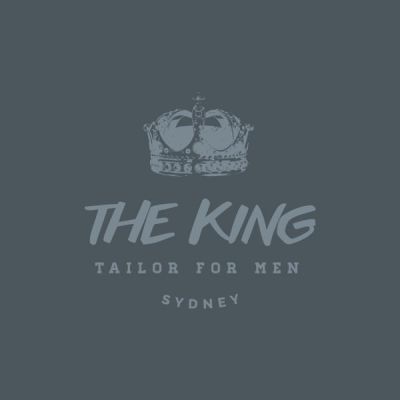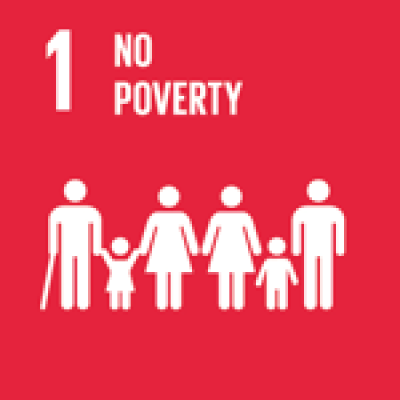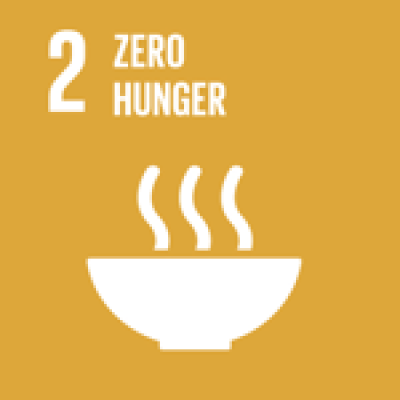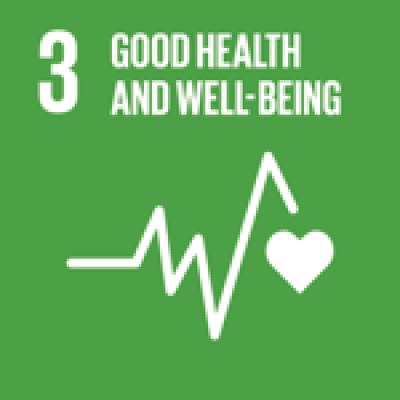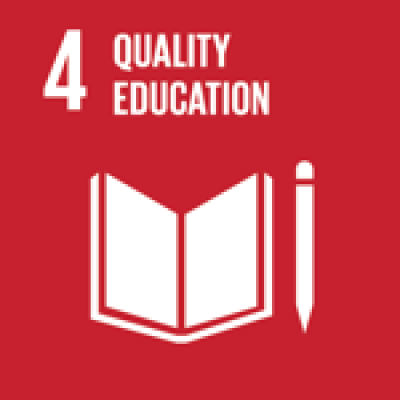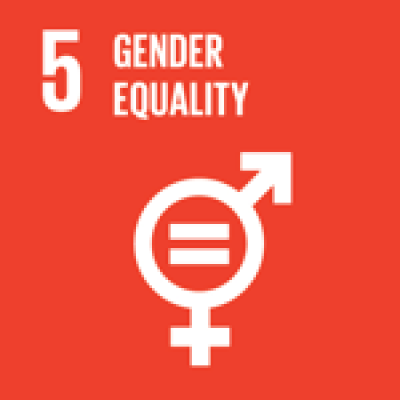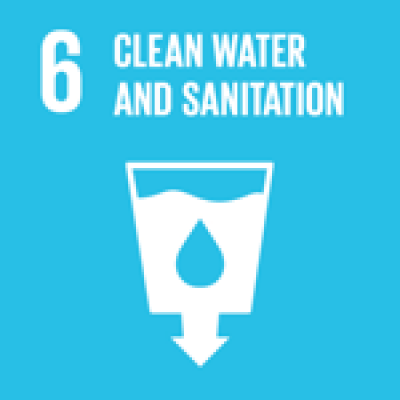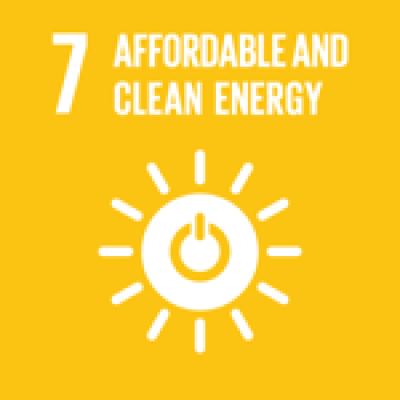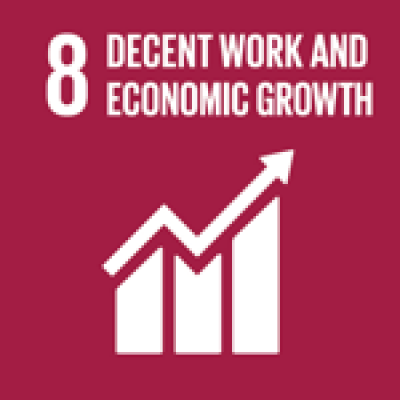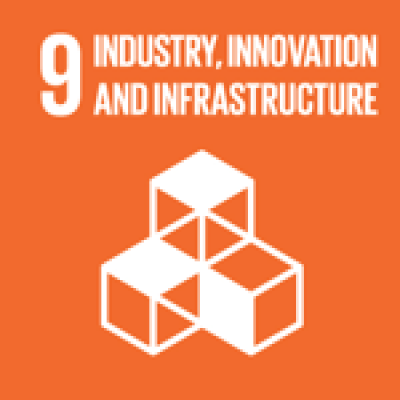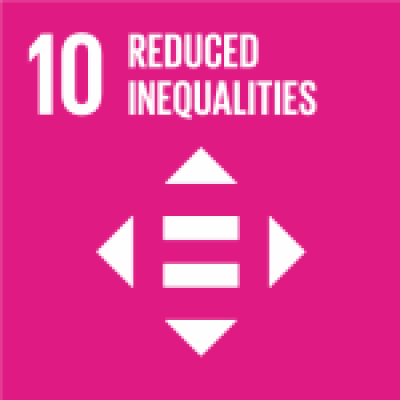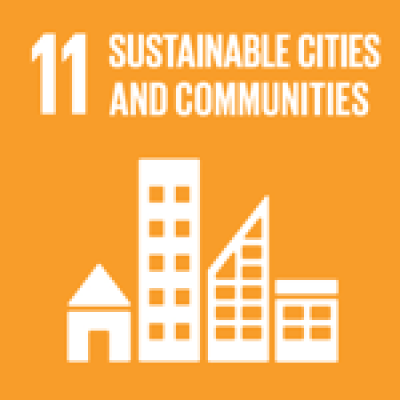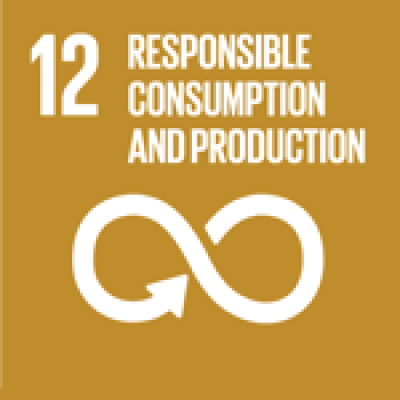Dear Friend of Milele Zanzibar Foundation,
Translated from Kiswahili to mean, “Forever Zanzibar Foundation”. Milele Zanzibar Foundation began in 2014 as a small initiative by a group of concerned individuals from Zanzibar and around the world to improve the quality of life for the people of Zanzibar. Addressing some of the most persistent development gaps on the archipelago and targeting the most remote and underserved areas of Zanzibar, we have made some foundational strides and are now beginning to see some incremental change
Our strategy is based on the belief that people we are working to support are best placed to address the challenges they face with the backing of MZF and partners empowerment programmes.
Thus, our holistic, participatory community development programme targets 24 Shehias in Unguja and Pemba. The ultimate aim of the programme over the past three years has been to improve the wellbeing of our targeted communities.
As opposed to prior programmes where the interventions were developed, designed and implemented independently, each sector focusing on its own set of outcomes, this time, the focus was on cross-sector pollination, finding connections in the ways the sector supports and assists each other. Instead of a purely sectoral approach, the programme adopted the strategy that centres on the improvement of the individuals- a, teacher, a mother, a student, or an farmer, as a whole being.

We have the overall goal of improving health outcomes and the wellbeing of vulnerable groups, especially women and children. Reducing maternal mortality is a central priority for the Ministry of Health and the agreed focal area for the partnership with the Milele Zanzibar Foundation.

Our education programmes are able to support nearly 60 schools through various interventions including infrastructure, scholarships, training, and capacity building programmes impacting over 200,000 students and teachers.

We have been supporting vulnerable communities in Zanzibar to generate income out of local resources. Such support includes seaweed farming, which is a sector that employs over 18,000 farmers, 80% of whom are women.
We also implemented a back-to-school campaign that was funded by Dubai Cares to encourage pupils who were not attending classes regularly and those at risk of dropping out to remain in school.
In addition to the messages to inspire pupils to attend school, the project also supported students with school bags. About 2,000 Minungwini Primary school pupils received the bags.
Right from the start, MZF and TAMWA, which is the implementing partner of the Women Empowerment project (WEZA), recognized that to turn around the fortunes of the marginalized women in Zanzibar, being enterprising is one sure way of helping this group’s socio-economic empowerment.
Thus, the two organizations joined efforts to implement the economic empowerment interventions using the village savings and loans associations (VSLAs) model.
OUR ACTIONS TO IMPROVE WATER SUPPLY IN PEMBA
Life without enough supply of freshwater is inconceivable and detrimental to people’s health and wellbeing of communities. However, that was a reality in Kokota Islet all along.
In 2019, in collaboration with Zanzibar Water Authority (ZAWA) we undertook a water project in this islet titled, ‘Kokota Water Initiative’. In this project, water pipes were installed to pump water from Mtambwe in Pemba Main Island through the ocean and into the islet.
Being one of the inhabited islets off the Pemba Main Island, the residents of Kokota needed access to health services. However, in the islet, there is no health centre and people in need of medical services have to be ferried to Wete District Hospital.
Due to lack of modern boats, sick people including women and children had to use risky locally made boats that took up to six hours to reach Wete. We donated a speedboat that is now used as a sea ambulance and takes a mere three hours to reach Wete.
As part of our strategic goal in education to support inclusivity in Zanzibar, we collaborated with the State University of Zanzibar (SUZA) and Forum for African Women Educationalists (FAWE) to implement a three-year programme titled STEM for Success in Zanzibar.
The programme used innovative approaches to support students, teachers and schools to promote the adoption of appropriate pedagogical practices and ultimately achieve the gender balance in STEM (science, technology, engineering, and mathematics) in secondary schools.
We believe that an organic Zanzibar is possible. Thus, since 2019, we have been championing Zanzibar Organic Initiative (ZOI) in collaboration with key partners and stakeholders.
These include Zanzibar Spice Growers, Practical Permaculture Institute of Zanzibar, Umoja wa Wakulima wa Mbogamboga na Matunda Zanzibar (UWAMWIMA), Msonge Farm, Stone Youth Centre and One Farm.
From the onset, we realized the importance of working with all tiers of the local leadership in Zanzibar from the central government to shehias (villages). The Milele 2020 strategy has a special focus to support local communities from the grassroots. The support at this level has achieved greater engagement of the local communities in the participatory planning to deliver local services in health, education, and livelihoods. As a result, the empowered shehias have achieved 60 per cent implementation of their development goals for 2021. The interventions included capacity building of Shehia Advisory Committees so that they can tackle obstacles and grab opportunities for development and effectively coordinate developmental initiatives through undertaking quarterly supportive supervision. The empowerment has helped in opening up opportunities that were previously deprioritized by the Government and its development partners. In Pemba, for example,e positive changes in key sectors such as livelihoods, health, and education are taking shape in Msuka East and Sizini shehias.
Similar results and changes have been noticed in Mtende in South District in Unguja, Makangale in Micheweni, Pemba and Mbuyutende in North A Unguja. One of the major indicators of success is that over 90% of these Shehia Plans are funded either by the Government or by the communities themselves.
Lorem Ipsum. Proin gravida nibh vel velit auctor aliquet. Aenean sollicitudin, lorem quis bibendum auctor, nisi elit consequat ipsum, nec sagittis sem nibh id elit. Duis sed odio
Lorem Ipsum. Proin gravida nibh vel velit auctor aliquet. Aenean sollicitudin, lorem quis bibendum auctor, nisi elit consequat ipsum, nec sagittis sem nibh id elit. Duis sed odio
Lorem Ipsum. Proin gravida nibh vel velit auctor aliquet. Aenean sollicitudin, lorem quis bibendum auctor, nisi elit consequat ipsum, nec sagittis sem nibh id elit. Duis sed odio
Lorem Ipsum. Proin gravida nibh vel velit auctor aliquet. Aenean sollicitudin, lorem quis bibendum auctor, nisi elit consequat ipsum, nec sagittis sem nibh id elit. Duis sed odio
The Milele Zanzibar Foundation theme is “Accelerating Progress: It Begins With You.” The new and expanded theme for 2017 clarifies Milele Zanzibar Foundation’s mission and unique position supporting projects that are started and sustained by the community while promoting self-sufficiency and capacity building in sustainable development. “Accelerating Progress: It Begins With You” illuminates the organizational belief that individuals are change makers and innovators with the agency and the propensity to create positive change to alleviate poverty in Zanzibar.
The work powered by Milele Zanzibar Foundation but begun in the community has been impactful due largely to this collaborative, empowering approach and illustrates how Milele Zanzibar Foundation is uniquely situated in Zanzibar to advance its mission and accelerate progress by empowering the community in its core areas of education, health, and livelihoods.
Following the capacity building of the Shehia Advisory Committee, our community has progressed in service provision by building a Health Centre, renovating classrooms and digging a well.
I have trained about 140 here in Tumbe, about 30 in Msuka, 30 in Shumba Mjini, four in Kojani and four in Chwaleq. I am very grateful to MZF because their support has enabled us to adopt best farming practices and as a result, we produce and sell more.
We use local materials that are from Zanzibar including seaweed, cloves, and aloe vera. So far, the centre has 25 members, two of whom are men. It also acts as a training point and since the inception we have trained about 265 people. On average, I earn about Tsh350,000 per month, an amount that goes a long way to sustain my family of three children.
We used to buy a 20-litre water container for Tsh300 and sometimes I needed up to 300 litres in a day, like when we needed to wash our clothes. That would mean spending up to Tsh9,000, an amount that was too huge for our kind of modest family income. This challenge was taking a toll on our lives.
I was pregnant, then one day, I felt labor pains and my helpers and I trekked to where a boat was stationed. Unfortunately, by using the sea ambulance speed boat donated by MZF, I gave birth while I was being ferried to Wete District hospital. Now both the child and I are doing well after receiving treatment.
The training has built our ability to support pupils in the best way to learn and think, this is different from the past when we could not make use of the local materials for teaching. With the new ways of teaching, even the pupils’ performance has increased.
I was very happy to receive a free school bag with which I could carry 7 exercise books. The bag motivated me to start attending classes regularly and my marks improved. For example, this year I am among the Top 10 pupils in my class. I am very thankful to MZF.
I was excited to get the opportunity to work in health services provisions for women and children at the centre. I also liked the experience of working in rural areas to interact with community members to address public health challenges. I would like to advise Milele Zanzibar Foundation to continue with the programme and increase the programme period which is currently three months only.
With improved health services following the renovations and setting up of facilities supported by Milele, more women are now receiving maternal services at the facilities. This is something which had not been seen before, because in this village many women used to deliver at home.
We thank MZF for the support as they have renovated water supply systems, painted the building and repaired toilets; for example, pit latrines for persons with disabilities that had not been working are now in a very good condition.
Volunteer TO
Our Community
Would you like to gift for charity, humanitarian aid, or to benefit a cause? Be part of our work by contributing with donations or by volunteering your time and expertise to our community.
We’d Love To Hear From You!
Feel free to send us any questions you may have. We are happy to answer them.
© Copyright 2022 Milele Zanzibar Foundation | Designed by Choum Technologies




